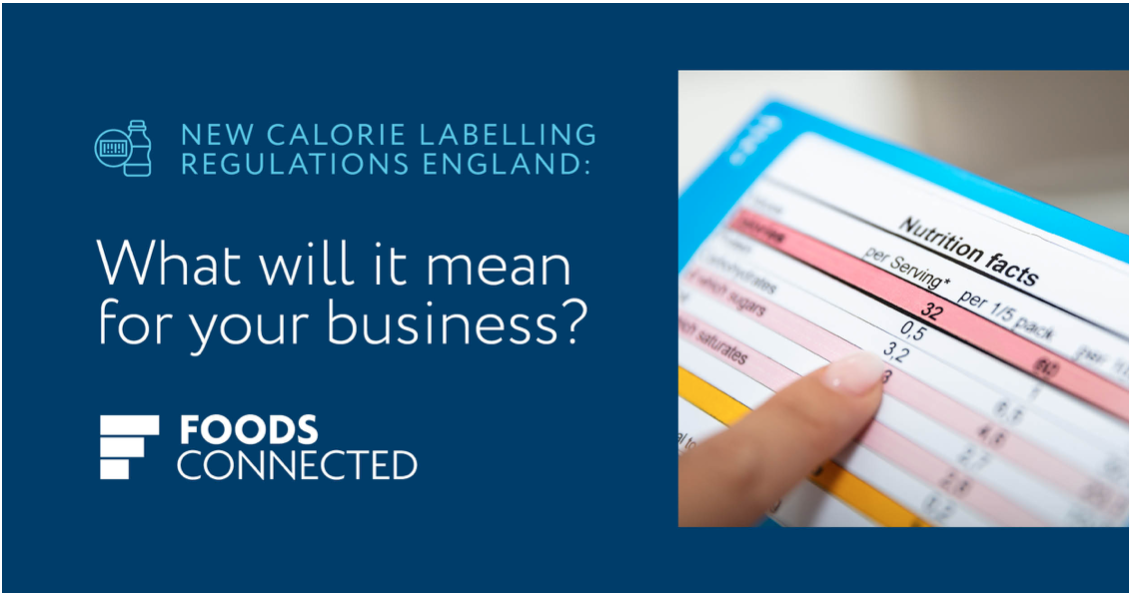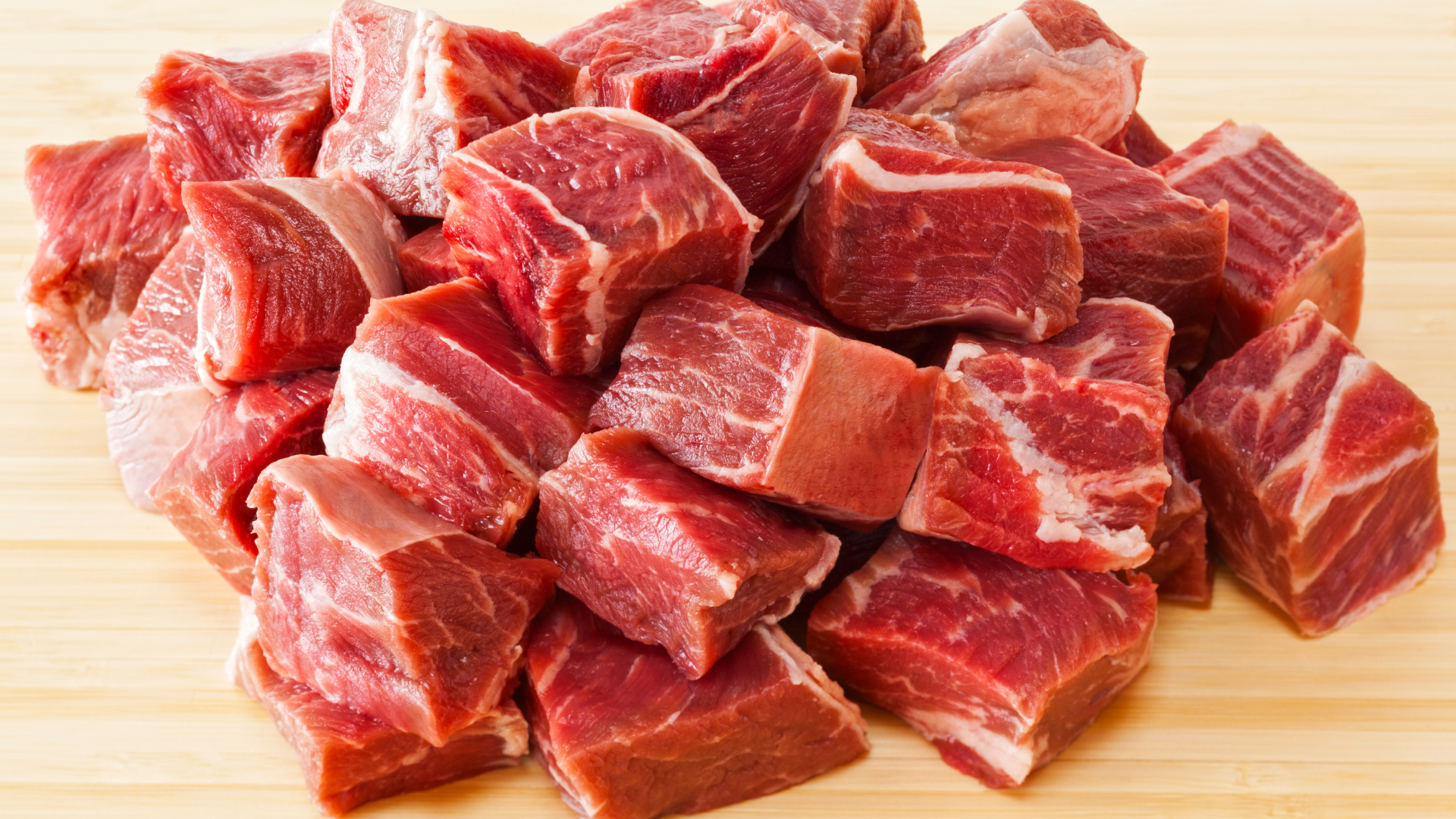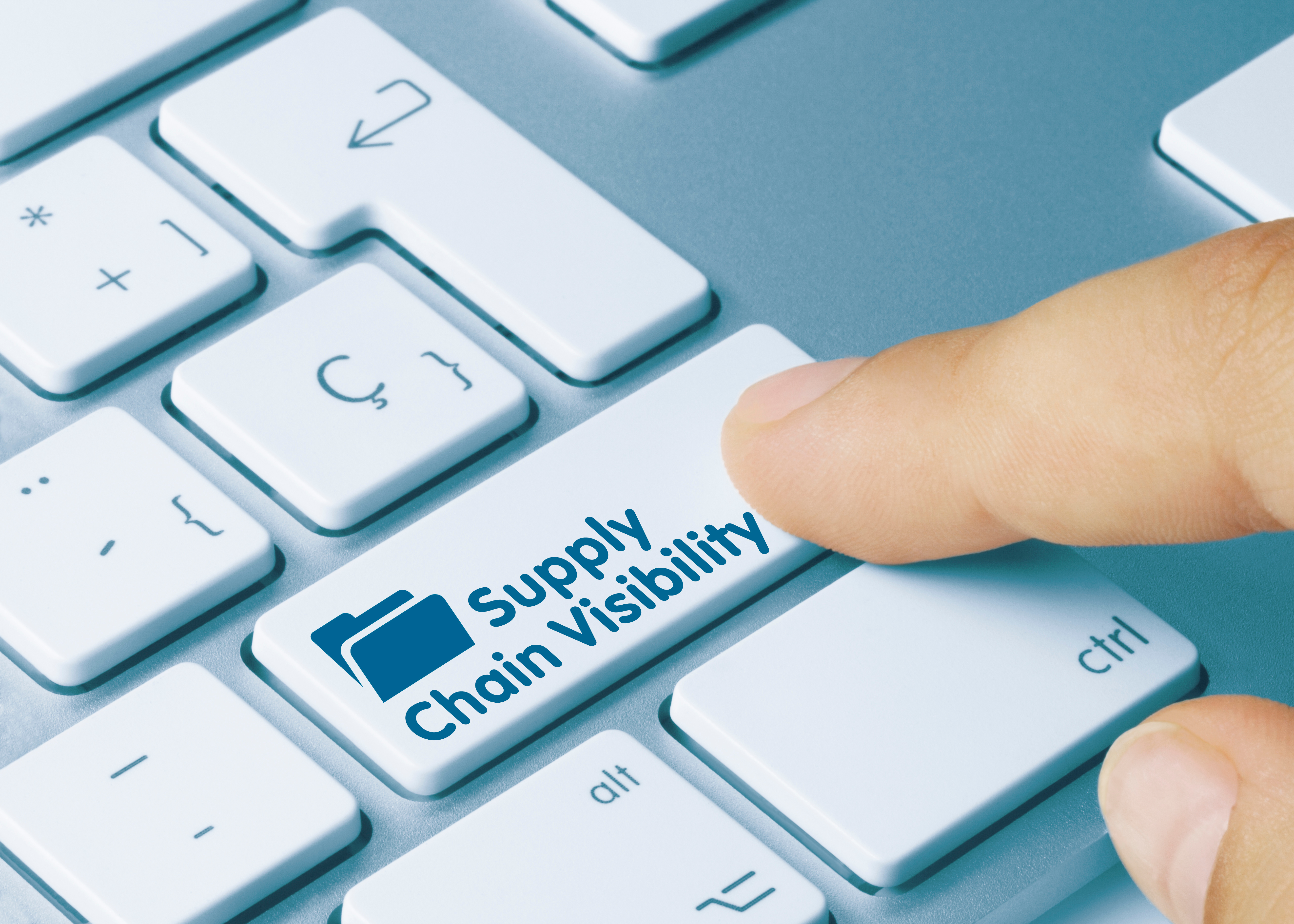
The new calorie labelling law for the Out of Home sector is set to come into effect as of 6th April 2022 in England. This means that certain businesses, where food or drink is prepared for immediate consumption – both on and off premises – will be required to provide consumers with calorie information. Food prepared for immediate use off premises, refers to food that does not require any preparation prior to consumption e.g., heating, washing, thawing etc.
This regulation will mostly apply to restaurants, cafes and takeaways but may also include other settings such as supermarkets in instances where food is prepared for on-the-go consumption.
The new calorie labelling requirement aims to improve transparency across the food and drink industry to educate consumers so they can make informed decisions on their calorie intake, in a bid to encourage healthier eating choices.
The UK Government has outlined key compliance and exemption criteria for the new calorie labelling requirements. This includes, but are not limited to the following;
Businesses required to comply:
- Businesses with 250 employees or more that offer non-prepacked food and drink for immediate consumption.
- Examples: restaurants, fast food outlets, cafes, pubs, and supermarkets. As well as home delivery services, out of home food outlets within larger venues, caterers, and domestic transport businesses.
Exempt Businesses:
- Food provided by a charity, when conducting charitable activities.
- Food provided at an educational institution for pupils under 18.
- Food provided for patients in a hospital or other healthcare setting including care home residents and other social care settings.
- Food served on international transport.
- Food served by the armed forces to a member of the armed forces outside a military canteen.
Information Required:
- Calorie information in kCal (A 20% margin of difference is allowed).
- Reference to the portion size the calorie information relates to.
- Statement of calorie needs i.e. ‘Adults need around 2000 calories a day’.
Non-exempt businesses must display calories and other required information clearly and prominently at each and every point of purchase available to the consumer. As such, the information may be displayed on a physical or digital menu, food display case etc. If food has been prepacked for direct sale on premise, the above information must be displayed on the packaging.
Why is Calorie Labelling Needed?
Obesity is estimated to affect around 1 in every 4 adults and around 1 in every 5 children aged 10 to 11 in the UK. In fact, UK childhood obesity rates are among the highest in Western Europe – This has prompted the UK Government to take more action on the matter. When compared with prepackaged goods, consumers are typically given little or no indication of the calorie content or nutritional value of the food and drink they consume in a restaurant or café setting – Unless the business has chosen to supply the information voluntarily.
Additionally, there are many misconceptions surrounding the terms ‘healthy’ and ‘unhealthy’ when it comes to food and drink, which can lead consumers to make uneducated choices that impact their health. For instance, the terms ‘healthy’ and ‘low calorie’ are often thought to mean the same thing and used interchangeably. In reality, ‘healthy’ may relate to food containing vital nutrients, having a low salt or fat content etc. But does not equate to food having a low-calorie content – Similarly, opting for ‘low calorie’ foods does not equate to a food choice with a high nutritional value. This misconception can lead to consumers unintentionally exceeding recommended daily calorie intake, contributing to obesity.
Misleading marketing messages also have a part to play, with many out of home businesses offering ‘low fat’, ‘low calorie’ or ‘high protein’ food options or menus. These claims can be extremely vague and subjective, making it difficult for the consumer to quantify the suitability of such foods in line with their individual calorie requirements.
Impact on the Out of Home Sector
Granted, the new calorie labelling requirement for the out of home sector presents a positive step towards educating consumers and encouraging businesses to offer healthier alternatives to tackle the UK’s escalating obesity problem. However, it also presents a series of challenges.
Businesses offering customisable menus may find it difficult to navigate this new regulation as calorie information will vary significantly depending on the custom options chosen. Take a burrito bar or sandwich deli for example, where items consist of various fillings, each chosen independently by the customer. In this case businesses would be required to provide calorie information for the base product plus calorie information for each additional filling available.
The new law will hold businesses more accountable for the nutritional value of the food they produce and creates an added pressure for these businesses to develop healthier menu options, as consumers will have full visibility of the calories they are consuming. This level of transparency could be damaging for businesses with calorific menu options that have previously benefited from the blind nature of out of home dining.
According to recent research by FrieslandCampina, consumers have become much more health conscious since the start of the Covid-19 pandemic, seeking healthier lifestyles and habits, supported by smarter food choices. As a consequence of these changing behaviours, any unwillingness to offer lower calorie options could result in lost business as consumers seek out foods more suited to their dietary needs rather than cravings.
Additionally, the out of home food and drink sector was one hit hardest by the Covid-19 pandemic, with many businesses unable to operate for months on end during national and local lockdowns – And with many businesses still in survival mode, the added cost of complying with the regulation could be crippling.
Although compliance with the new calorie labelling regulation may be costly in terms of the additional time resource required, non-compliance could cost your business even more. Compliance with the new calorie labelling regulations will be enforced by local authorities and in the case of a non-compliance an improvement notice will be served. If a business fails to comply with an improvement notice, the owner of the business will be found guilty of an offence and subject to a fixed penalty of £2,500, with a possibility of criminal prosecution if deemed appropriate by the enforcement authority.
Simplified Compliance
Given the financial implications of non-compliance, it is essential that non-exempt businesses implement sufficient planning and review processes with central visibility over product and recipe information to ensure calorie information is calculated accurately and kept up to date in line with any recipe changes or variations.
The Foods Connected Recipe Manager is a cloud-based solution with functionality to auto-generate nutritional information including calories for specific ingredients which can then be used to build out customised recipes for menu options or non-prepacked food items. All nutritional information auto-updates in the product label section when changes are made to the recipe breakdown, facilitating quick and easy compliance.
Natalie Thorpe
A graduate of Letterkenny Institute of Technology, Natalie studied Visual Communication and Graphic Design. When she's not creating up new designs for company materials and branding, writing, compiling marketing plans or implementing new UX strategies, you'll find her roaming a deserted beach in search of her disappearing dog, or soaking up different cultures on her globetrotting adventures!
Stay up to date
Stay up to date
Browse Posts
- February 2026
- January 2026
- December 2025
- November 2025
- October 2025
- September 2025
- August 2025
- July 2025
- June 2025
- May 2025
- April 2025
- March 2025
- February 2025
- January 2025
- December 2024
- November 2024
- October 2024
- September 2024
- August 2024
- July 2024
- June 2024
- May 2024
- April 2024
- March 2024
- February 2024
- January 2024
- December 2023
- November 2023
- October 2023
- September 2023
- August 2023
- July 2023
- June 2023
- May 2023
- April 2023
- March 2023
- December 2022
- November 2022
- October 2022
- September 2022
- August 2022
- July 2022
- June 2022
- May 2022
- April 2022
- March 2022
- February 2022
- January 2022
- December 2021
/Blog%20Headers/New%20Calorie%20Labelling%20Regulations%20in%20England%20What%20Will%20it%20Mean%20for%20your%20Business.jpg)
/Blog%20Headers/shutterstock_1927957907%20(1).jpg)
/Blog%20Headers/shutterstock_1845178195%20(2).jpg)
/Blog%20Headers/shutterstock_2133827717%20(1).jpg)
/Blog%20Headers/shutterstock_2473376713.jpg)
/Blog%20Headers/shutterstock_2247276303.jpg)





/Blog%20Headers/Whitbread%20CS%20Blog%20Header.jpg)
-1.png)


/Blog%20Headers/Duncan%20Spencer%20Brown.png)
.png)


.jpeg)
/Blog%20Headers/Blog%20header_Supply%20Chain%20Resilience%20Series_Navigating%20trade%20tensions.jpg)